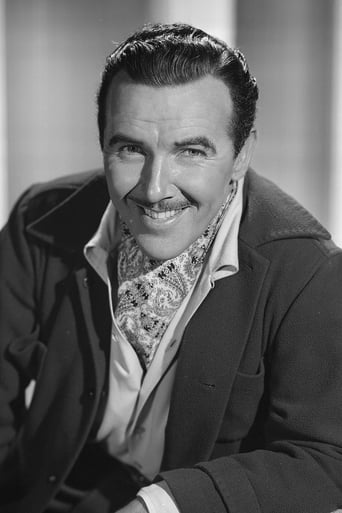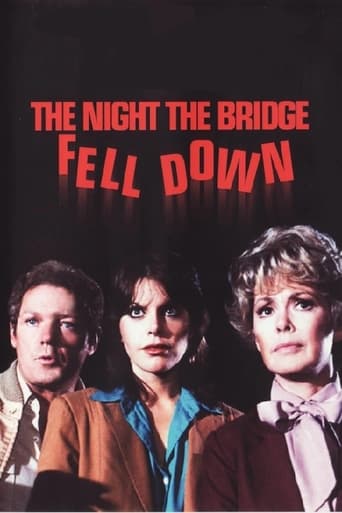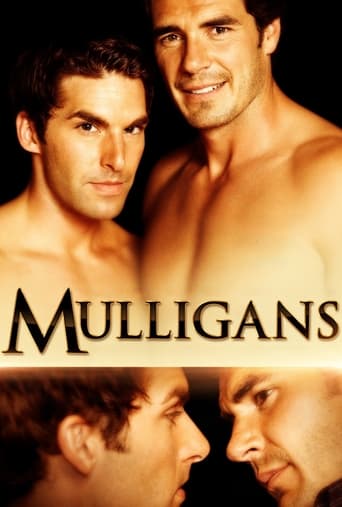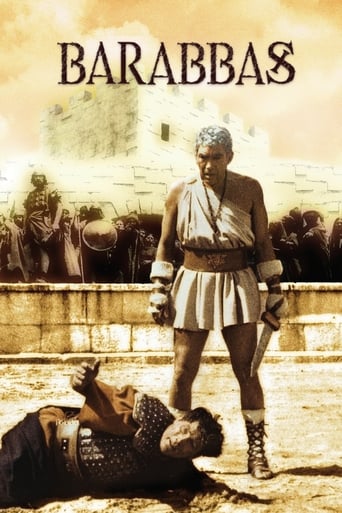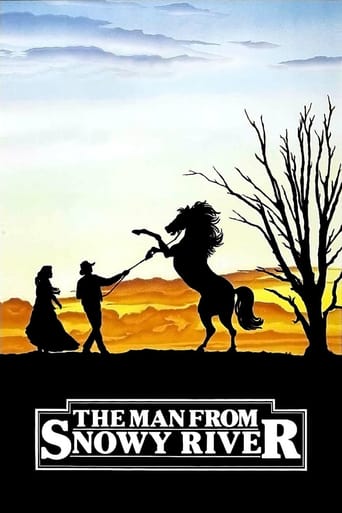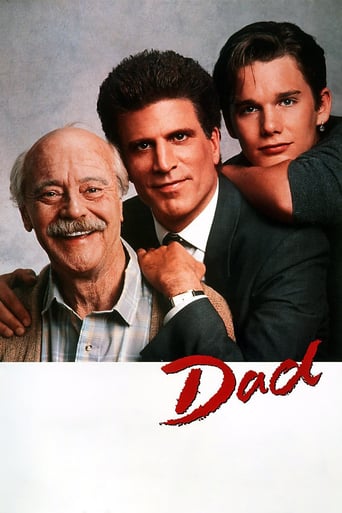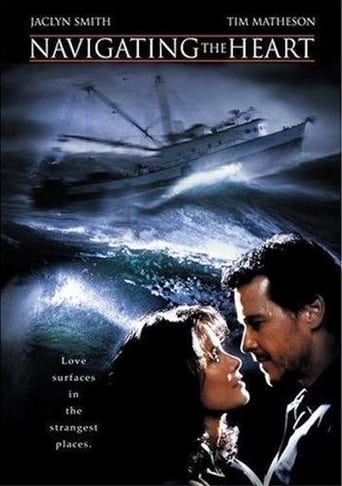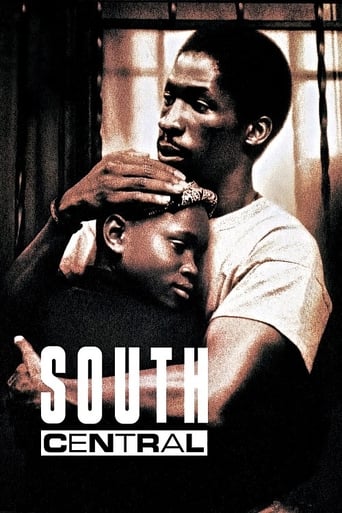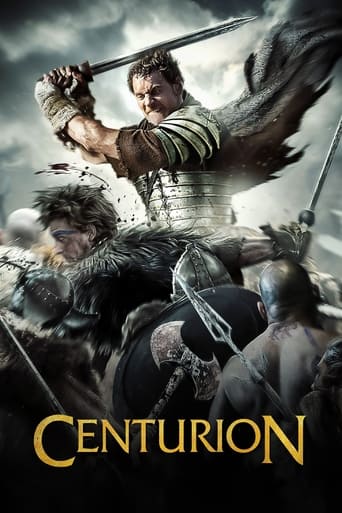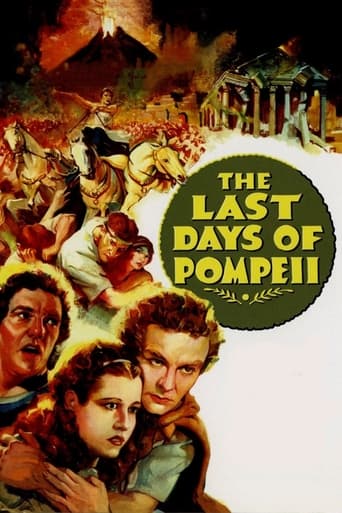
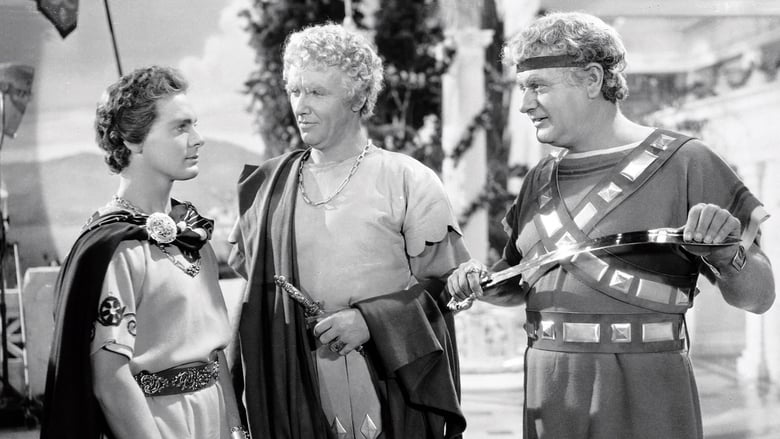
The Last Days of Pompeii (1935)
In this action-filled spectacle set in ancient Pompeii, a blacksmith becomes a Roman gladiator, though his rise to wealth and power is jeopardized by his son's Christianity and the eruption of Vesuvius.
Watch Trailer
Cast


Similar titles
Reviews
The Last Days Of Pompeii tells the story of a poor blacksmith in ancient Rome who becomes a gladiator and in turn a wealthy man, while his son, upon encountering Jesus, grows up to become a Christian. The film is a spectacle from the middle thirties, after the De Mille manner, which is to say it tries to look big but is actually, upon closer examination, at best mid-sized. RKO didn't really have the bucks to make a film on as lavish a scale as they surely would have wished. The film has many flaws, but also virtues. It was made by the King Kong team of Ernest Schoedsak and Merian Cooper, who were very resourceful gentlemen, highly creative and not at all like other Hollywood film-makers, and therefore the movie has a unique style that's difficult to put into words. The best way I can describe their approach is to say that it's highly individual; its makers had their own way of doing things, and therefore told their their story, or more properly showed it, so that the movie doesn't resemble other films with similar themes. Also on the plus side is its cast, not of thousands, maybe of hundreds; more likely of dozens. In the leading role Preston Foster's anchors the film in a kind of emotional reality. He may not have been the most versatile of actors but he was a most sincere one, and he is excellent in the lead. Also good is Basil Rathbone as Pontius Pilate, surprisingly unhammy. It's a very good movie overall, hokey as hell but always watchable, and in the end, while the spectacle of Mount Vesuvius erupting isn't all it might be, the movie as whole at least holds firm, and I for one was moved by it, not to tears maybe, but in a more modest way, by the smaller, more intimate tale of a good man who comes to his senses too late, at least for redemption in this world.
If you liked "Gladiator," then "The Last Days of Pompeii" is a good choice for an empty afternoon of slash-em-up moralizing. The sets are expansive and ornate, there's loads of action and the story, though pretty one-note, is well-written and well-acted. Normally I can't stand classical actors, but the performances in "Pompeii" are so energetic that I got sucked in, anyway. The moral underpinning of the movie does include a couple of appearances by Jesus Christ, complete with awed crowds of followers and the obligatory boys choir, but compared with some of the later Jesus epics that Hollywood produced ("King of Kings" and "The Greatest Story Ever Told"), "Pompeii" handles the material with considerable flair. The only major nitpick I have for this movie is its freewheeling use of history. At most, the story only covers 20 years, but Jesus died around 35 AD and Vesuvius erupted in 79 AD. But then, when has Hollywood let the truth get in the way of a good story?
I just saw this film recently and found it absorbing enough as a kind of Judeo-Roman kitschy melodrama, which argues that only bad people are punished by volcanic eruptions. (Please enjoy the final scene where the spirit of Preston Foster communes with a double-exposure of "the Master" while a heavenly choir sings). Basil Rathbone is a pleasant figure but it cannot be said that there's anything subtle about his Pontius Pilate, with his heavy shrugs and sighs and his "I wonder" and "What is truth?"; his style is just as "big" as Preston Foster but he carries it off better because he's a more attractive presence. Anyway, we should point out two things. First, this is NOT based on Bulwer-Lytton's novel; not that it's better or worse for it, but even B-L didn't claim that the eruption in 79 A.D. happened only about 10 years after the Crufixion. Second, Willis O'Brien's special effects are not terribly impressive even "for the time." The recently released video of the 1913 Italian version is at least as convincing and maybe more so. This 1935 version is content to mostly have a lot of flying debris as people run for their lives. There is one carefully stiff, transparently processed "lava shot" as people jump into the sea. The major visual spectacle during the disaster--the collapse of a giant statue--is marred by a glaring continuity error. First we see the statue crack in two across the abdomen (well above the discreetly place sword) and begin to fall, and then we cut to a close-up of the falling torso, now completely intact but with the head coming off. There was no reason for that mistake. So the long-awaited spectacle is not what it's cracked up to be.
I first saw this film when I was a child and the impact it had on me has never faded no matter how many times I watch it, nor at what age. Every time I find some nuance I had not noticed before...it really is an unsung masterpiece. Try to see it with eyes unjaded by years of excess on the movie screen...for its time it had great special effects..a wonderful script, interesting casting...none so much as Basil Rathbone as Pontius Pilate..I have never seen better! Basil imbues Pilate with a sense of duty and conscience that fills the screen with its irony and pain at his dilemma. Marvelous! Preston Foster is often forced and hammy...but it did not distract from the enjoyment of the movie..in fact it was "a style" of acting in the thirties that many leads presented..actors like Fredrick March, etc had the same style...a leftover from the silent age when actors, in order to convey their sentiment used their body more to propel their feelings to the screen. An exaggeration of movement that lasted for a number of years until the realization hit that on the big screen with sound actors could be more subtle with their gestures. The story is , in content wonderful...holds my attention even after all these years of viewing. It is a fascinating story...a progression from a happy, hard working man with everything he could ever want, who loses it all in a very few days for lack of money. Bitter and lost, after having lost not only those he loved but losing his principles too to try to save them, he decides the only thing worth having is money..because it is the only thing that PROTECTS you. In the backround to all of this is the story of the Christ...not meant to be in the foreground but a backdrop to everything that happens to this man struggling with the heavy burden of his reality and his decisions. This is a beautiful film worthy of repeated viewing for its amazing messages...and there are many. This is a thinking man's film, a philosopher's film, a spiritualist's film, and a film for every man and woman searching for answers to the question "why?" What it ultimately leaves you with is HOPE. This is a KEEPER.


